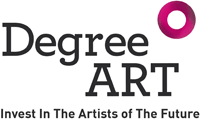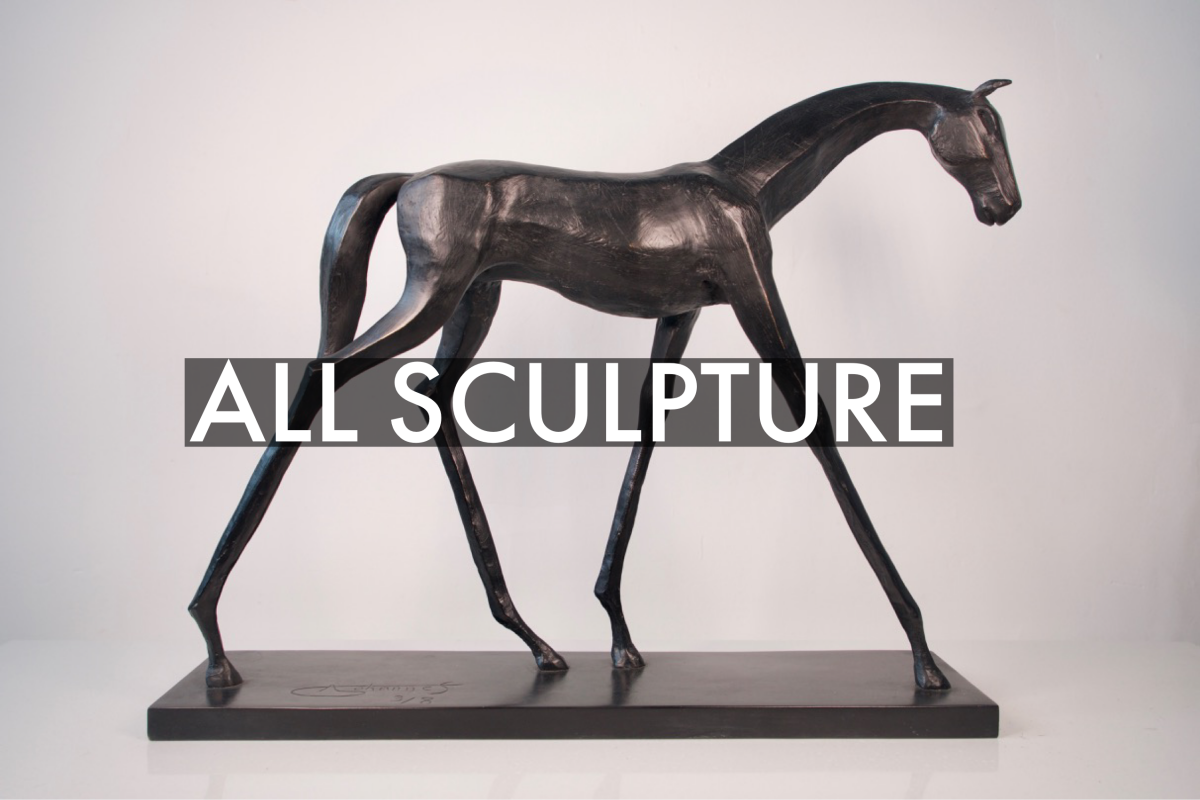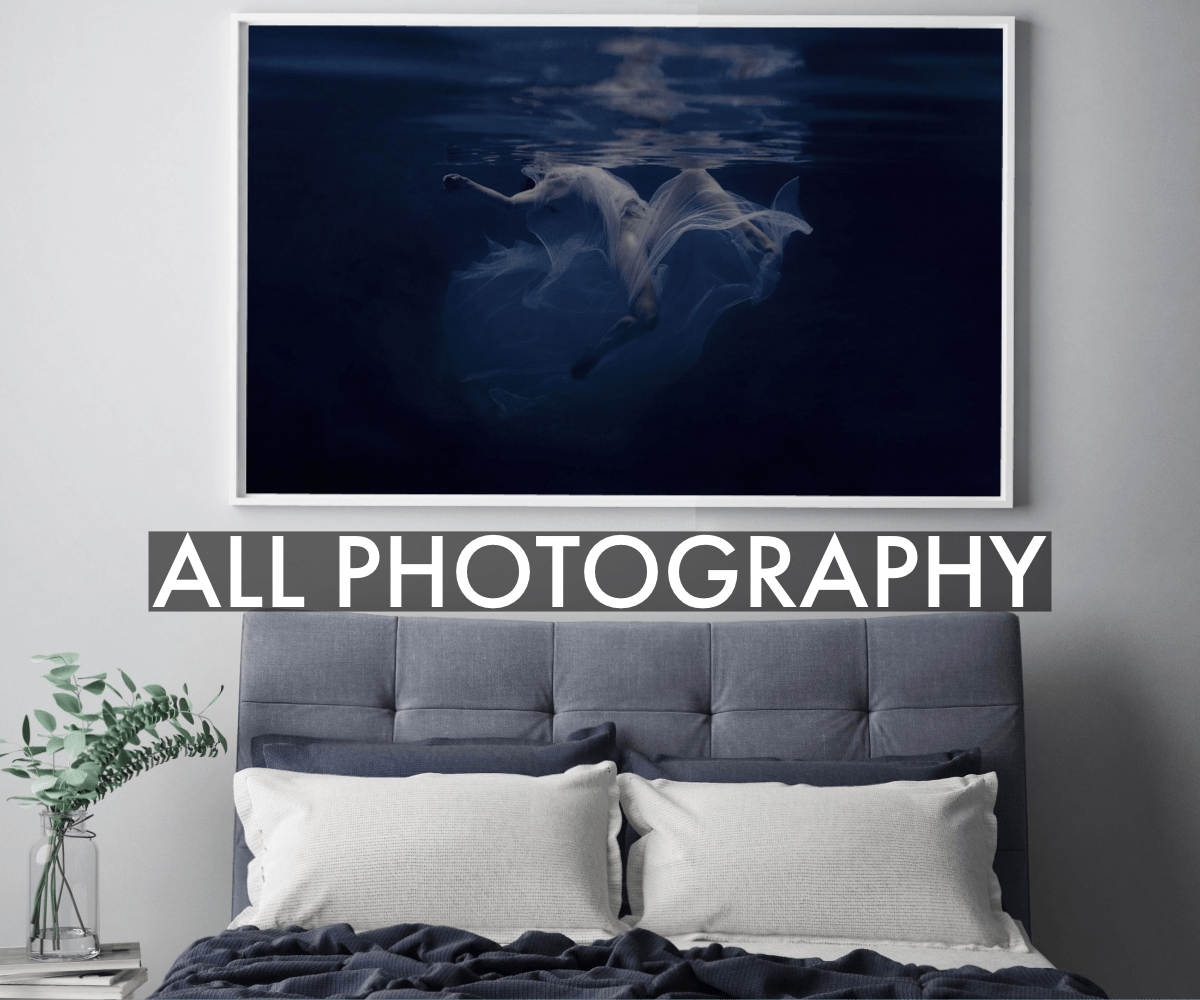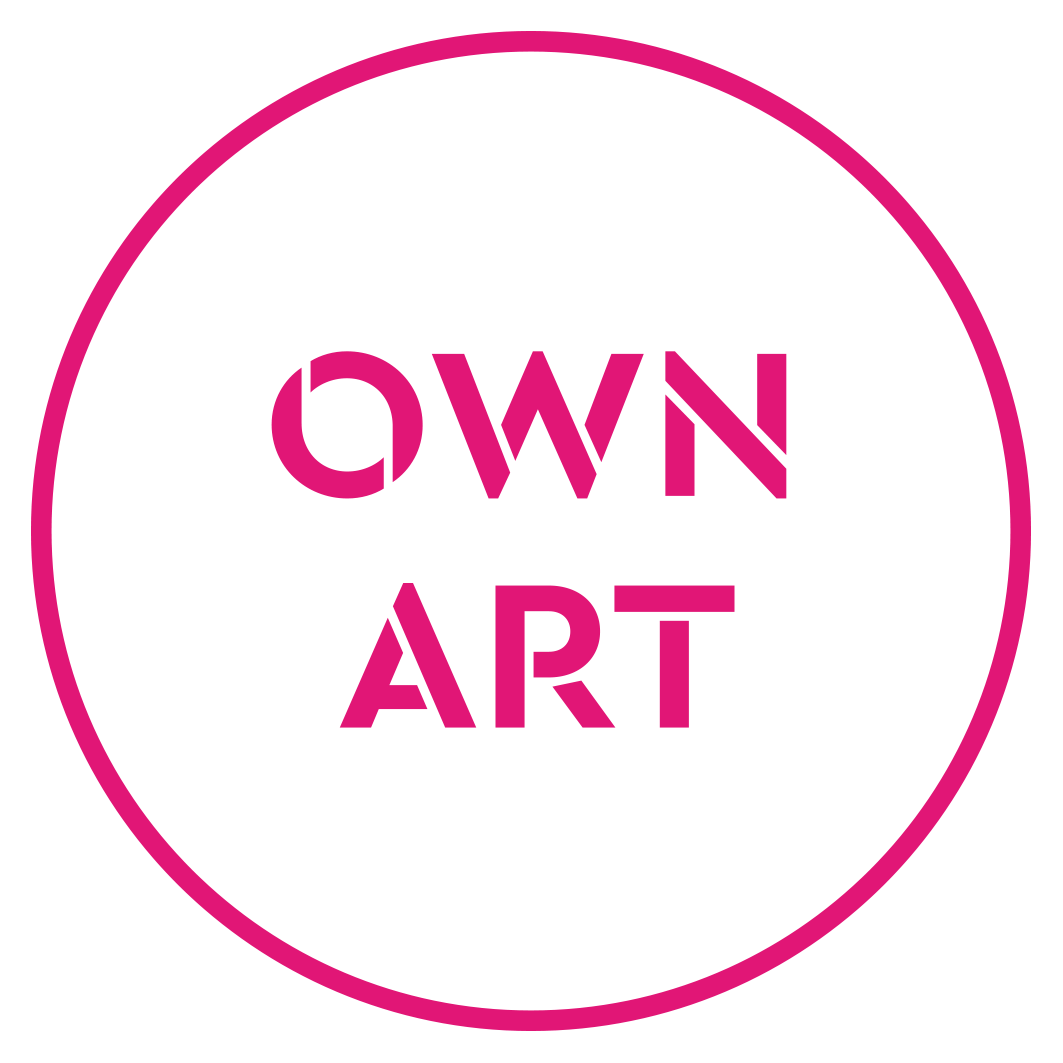Meet the artists that have taken over our Instagram every Thursday in the past month! Showcasing exclusive interviews with Lucy Stevens, Michael Hunter, Eva Priest, Miguel Sopena, and Eleanor Angelinetta.
LUCY STEVENS
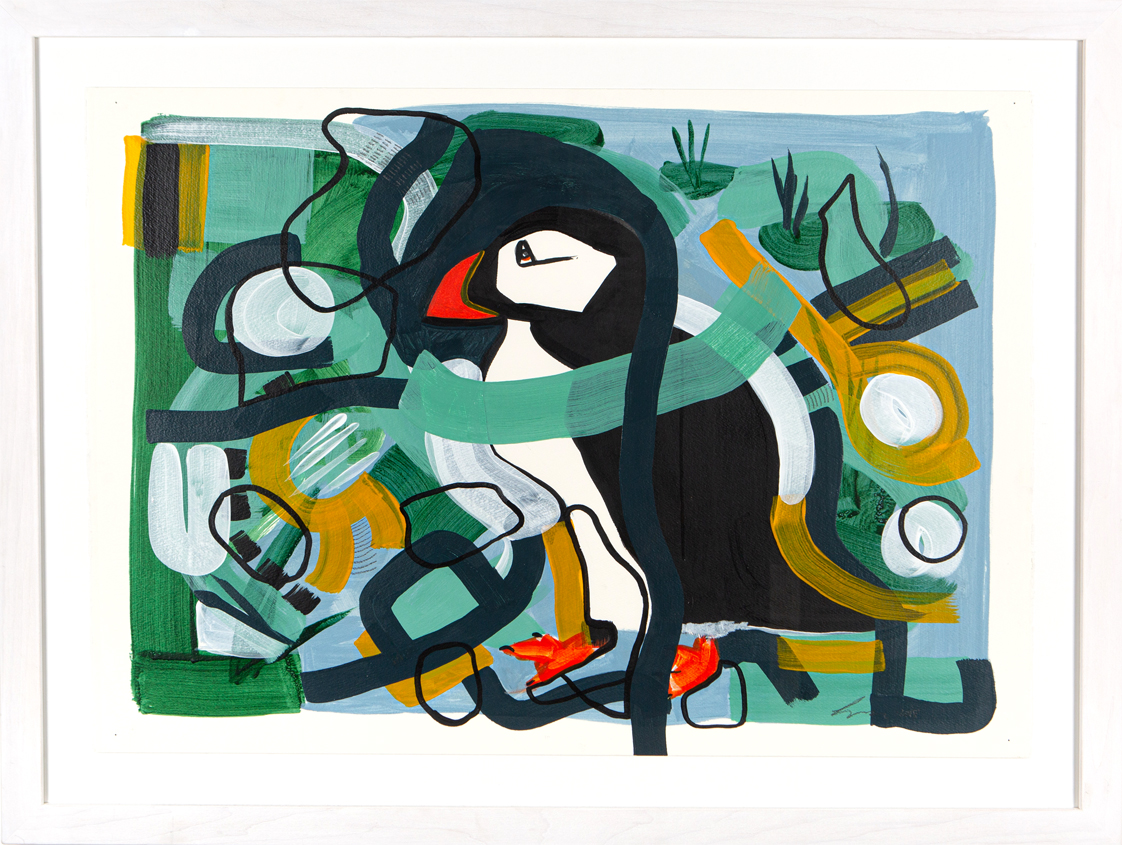
1) Walk me through a typical day in the studio for you?
LS: I like to get in early and take my breakfast with me. I'll start by looking at what I already have on the walls from my last session. The studio has 30+ artists so we usually stick our heads in each other's spaces to see what we're working on. I prefer to work on multiple paper pieces at once using a variety of mediums whilst listening to music, most recently Laura Marling and Her Name is Calla. I don't have a lunch break, I'll eat and work at the same time and post progress shots to my stories. I'm in the studio for the whole day so this also gives time to package sold artwork at the end of the day.
2) What is something viewers might not know about your work?
LS: Many of the brush strokes and lines within my work are instinctive. I do not have a set plan for what it is I want to make. This makes it more fun to have an element of risk when creating a composition. The work also has lots of layers, that's why I use thick paper that can withstand spray paint, collage, acrylic, and household paint, oil, and wax pastel, and more.
3) What is the most challenging part of your process as an artist and what is most rewarding?
LS: The most challenging part can be knowing when to stop, this is why I work on multiple pieces at once. The most rewarding part is seeing the work develop using layers of different mediums. I feel that I am constantly learning about how each medium can complement, contrast or blend into the other.
4) Is there any advice you have for artists/creators during this difficult time?
LS: Keep making and developing. Share your artwork with others and tell them why you are proud of it. Let others into your world and share your process with them, they will be interested.
MICHAEL HUNTER
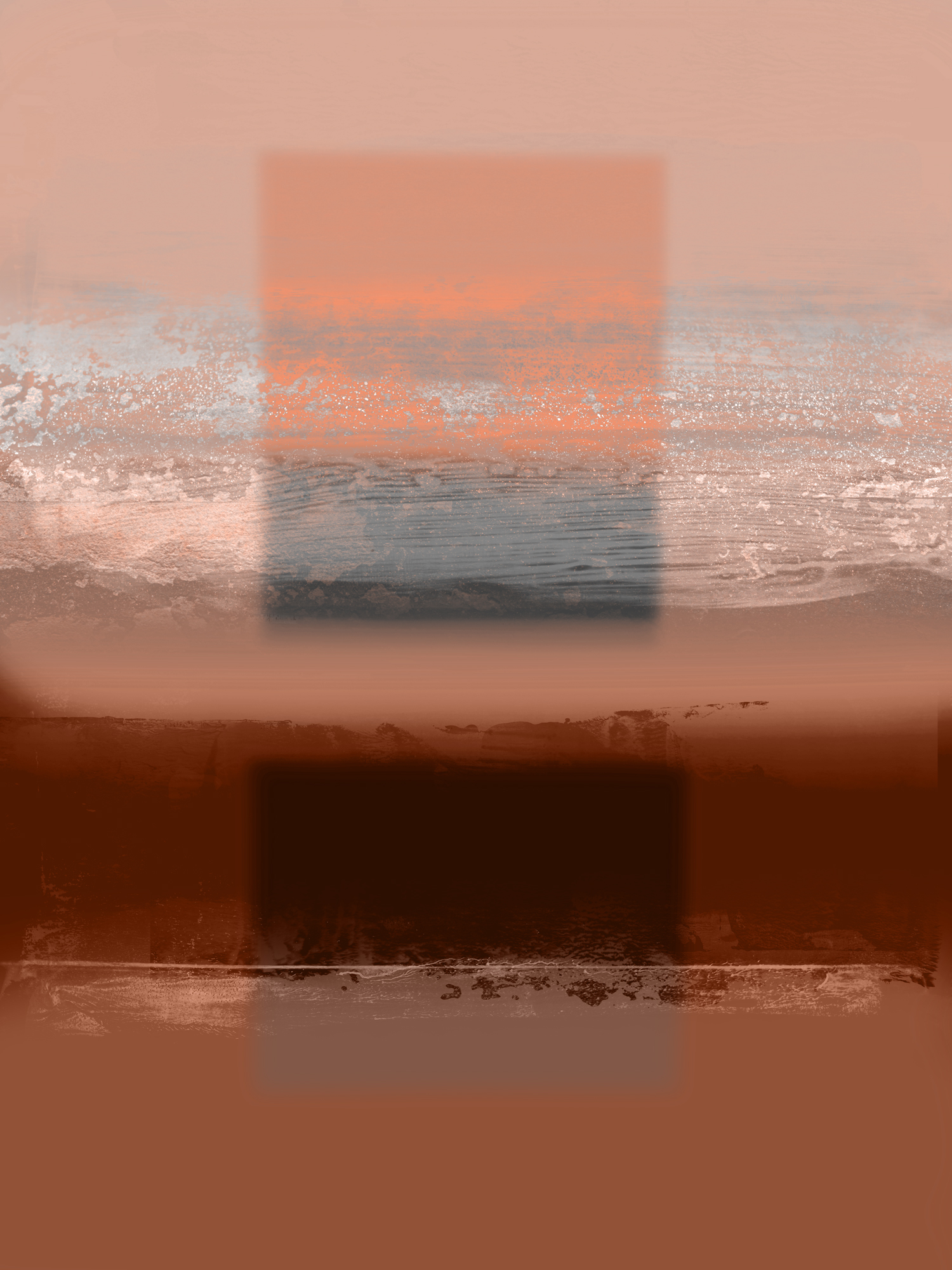
1) Walk me through a typical day in the studio for you?
MH: A typical day for me involves either getting outside with my camera looking for textures and marks I can use and incorporate into my work. Studio work can involve physical painting to create new textures and marks again to use in my digital collages. The digital side of things is the most enjoyable aspect as it really opened up my creative side. Using my images and experimental images, I experiment by manipulating the marks and colours with abstraction and look for the most pleasing compositions. I find listening to music helps to get into the flow. Often the pace of the music can dictate how expressive the piece becomes.
2) What is something viewers might not know about your work?
MH: Viewers might not think that digital art is a creative process, but digital art for me is created through emotion and feeling in just the same way as it would be if I was using a physical paintbrush.
3) What is the most challenging part of your process as an artist and what is most rewarding?
MH: The most challenging part of being an artist is making sure enough time is devoted to it. Often life itself can get in the way and stop the ability to create. I have to try and put everything on hold because I have to be completely undistracted. The most rewarding part is the actual creating, as I get a buzz from watching things take shape. I try to push my art as much as possible; otherwise, it wouldn't be too exciting. Finishing a piece is satisfying and enjoyable.
4) Is there any advice you have for artists/creators during this difficult time?
MH: The only advice I would give is to do what you love and don't push it. Sometimes I have to take long breaks for weeks, even months at a time because I can't get the feeling and mood I need to be in, or other distractions make it tough. Just do it when you want and don't worry if you can’t.
EVA PRIEST
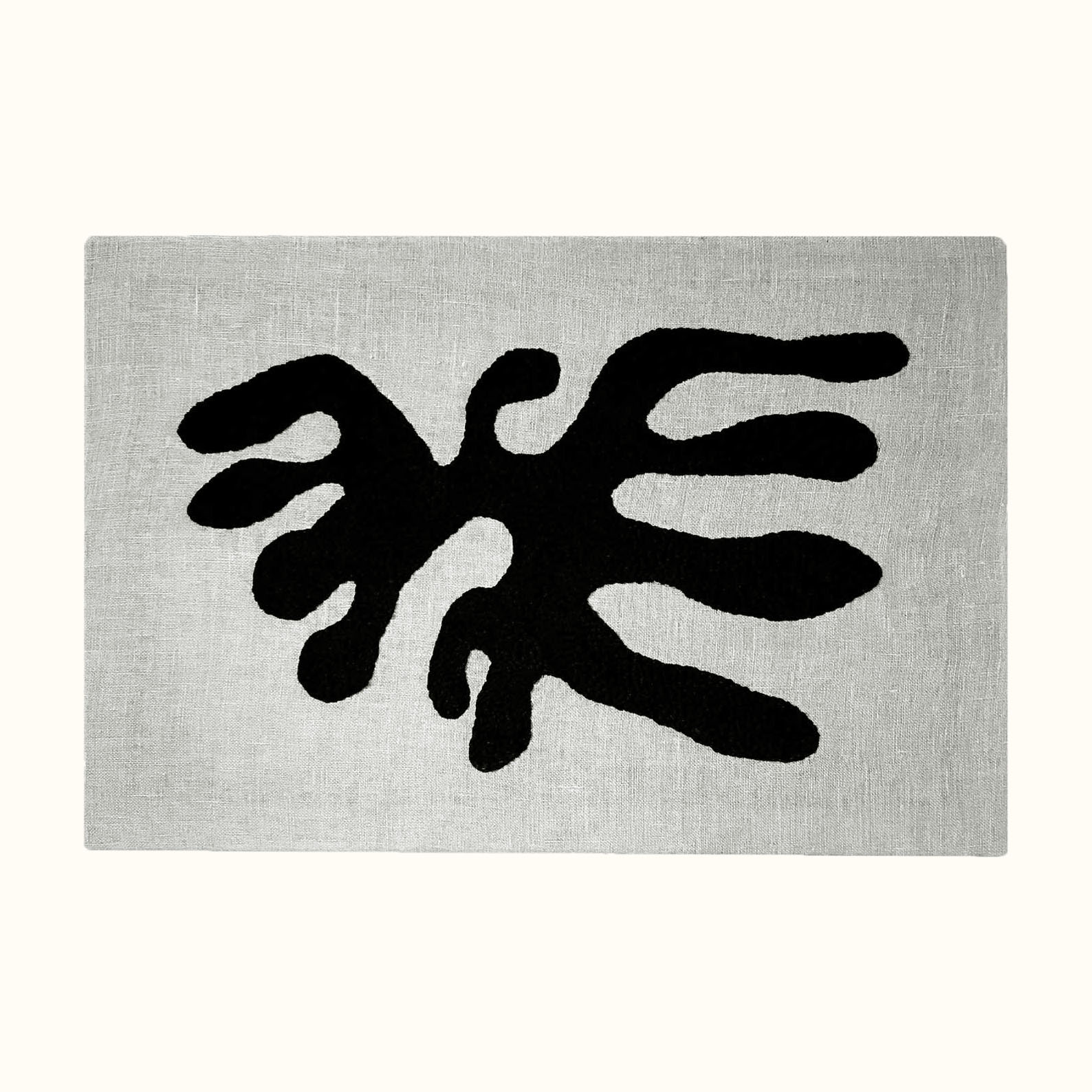
1) Walk me through a typical day in the studio for you?
EV: Usually I have a list ready from the day before - I do any admin and loose-end tying first and then I draw for a while either physically or digitally and work off of anything interesting that arises there.
2) What is something viewers might not know about your work?
EV: A lot of my works are actually born from doodles done at a life drawing class, when I'm bored or have exhausted a certain posture.
3) What is the most challenging part of your process as an artist and what is most rewarding?
EV: The most challenging part is conceptualising ideas with words. It's hard, and oftentimes feels wrong to solidify abstract concepts in writing, and I never want to speak over the art itself. The most rewarding part is taking a step back from a piece and it just feeling so "right". That, and hearing other people's readings of a piece.
4) Is there any advice you have for artists/creators during this difficult time?
EV: Don't put too much pressure on yourself to be constantly creating. Try and build a routine that will keep you motivated and on track, but be flexible. This past year, it's actually been the resting that's led me to my best work.
MIGUEL SOPENA
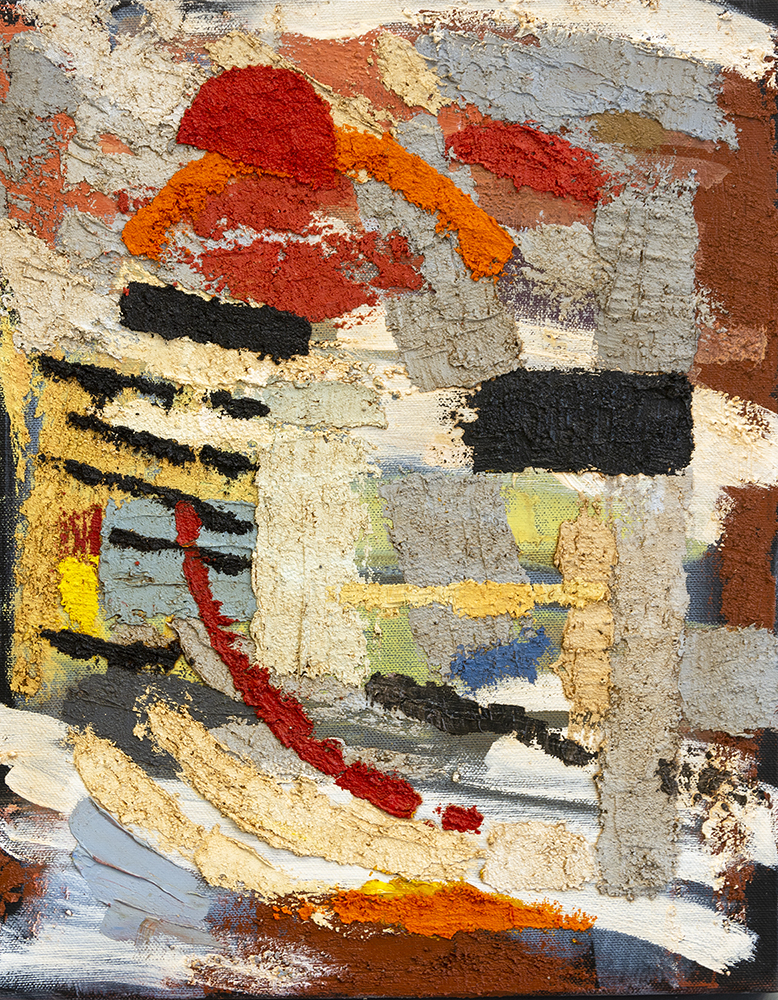
1) Walk me through a typical day in the studio for you?
MS: I tend to go to my studio in the afternoon and I often pick up a cup of coffee and maybe something to eat on the way. When I get to the studio I go through the ritual of putting on my painting clothes and looking at work in preparation (or recently completed) as a way of shifting into a creative mood. I'm usually slower and more tentative when I'm starting to work but once I get going I tend to work steadily through the session. I like working on several pieces at the same time to keep my perspective. The session also includes doing boring stuff like priming canvases as well as photographing work and making notes on my studio journal which is an invaluable tool. Of course the end of the day involves cleaning brushes which is no painter's favourite job.
2) What is something viewers might not know about your work?
MS: How many times I change my mind before or after I make a mark sometimes! Painting can be very psychological, some days you feel totally in the flow and you work without hesitation, some days you agonise over every decision.
3) What is the most challenging part of your process as an artist and what is most rewarding?
MS: I think it has to do with the psychological aspect of creative work that I was referring to. Often the hardest part is to stay objective and keep going when you feel anxious or doubtful about what you're doing. The most rewarding part is probably looking at completed work and feeling I've made progress. Of course the art world is very competitive and as an artist you're often your worst critic so comparing your work to other people's can also be nerve-wracking.
4) Is there any advice you have for artists/creators during this difficult time?
MS: I think this time has been extremely hard for all of us so, if anything, I would say: Be patient! Things will hopefully start to improve soon. Funnily enough, because of the lack of distractions I have worked a lot in my studio during this period and been quite productive so I would say, if you can, use this time to hone your creativity even if you can't exhibit and things look uncertain. It will all pay off in the future, hopefully.
ELEANOR ANGELINETTA
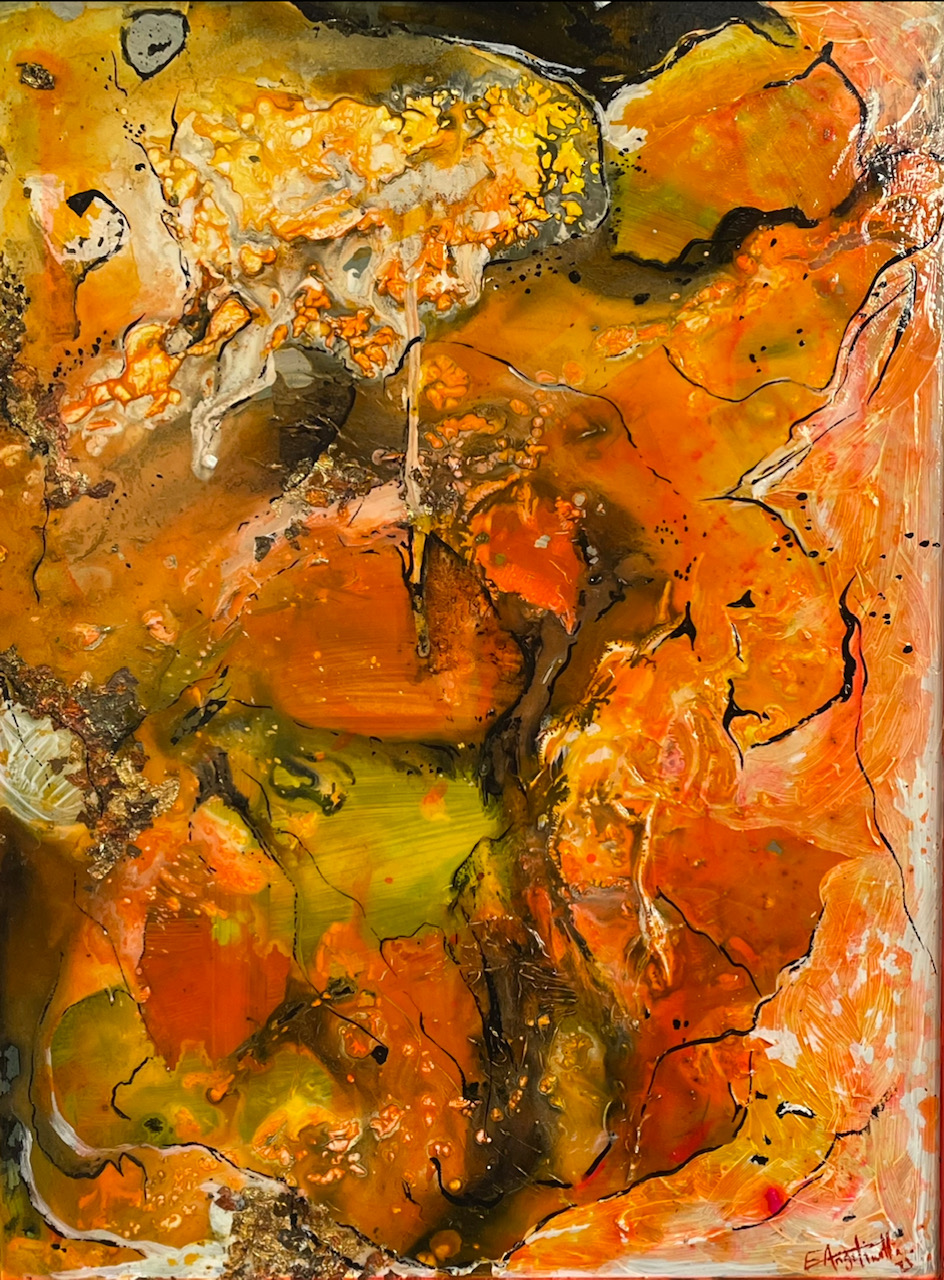
1) Walk me through a typical day in the studio for you?
EA: A walk in the woods is a great start to the day. My new puppy is a huge distraction to be honest! I do find that too much structure can stifle my ideas so I aim to remain flexible.
2) What is something viewers might not know about your work?
EA: There will often be hidden features or layers within my work. I want the audience to see different things each time they look at a piece.
3) What is the most challenging part of your process as an artist and what is most rewarding?
EA: I often have too many ideas that I can get lost between. I have to refocus my mind a lot and see an idea through, letting it develop at its own pace which is which the really good ideas come.
4) Is there any advice you have for artists/creators during this difficult time?
EA: At all times my main piece of advice would be to remain true to yourself and believe in what you do. Don’t make work just to please others. It needs to be real.
